
Option 2 – Free Kindle Nation Short Excerpt Email Sponsorship – 1 Day:
Free Kindle Nation Shorts excerpt and sponsorship to be emailed to 5,500 opt-in free email subscribers and pushed directly via Whispernet to over 6,000 Kindles owned by paid subscribers. It’s your choice whether to sponsor another author’s Free Kindle Nation Short or your own, but the most powerful option is to sponsor your own.
Option 3 – Free Book Alert Sponsorship – Weekly Newsletter Email Blast:
Weekly Kindle Nation newsletter email blast sponsorship emailed each Tuesday to 5,500 opt-in free email subscribers. This is one of our most powerful sponsorship options because the free opt-in newsletter with live web links to your book achieves a very high level of engagement and response. This option tends to be sold out 6-8 weeks in advance, so schedule early if possible!
Option 4 – Gold Sponsorship:
This is a powerful medley of sponsorships that includes the Free Book Alert Sponsorship – 1 Day, the Free Kindle Nation Short Excerpt Email Sponsorship – 1 Day, and the Free Book Alert Sponsorship – Weekly Newsletter Email Blast. As a general rule we lead off with the Free Kindle Nation Short Excerpt Email Sponsorship and follow it up with the Free Book Alert Sponsorship – 1 Day and the Free Book Alert Sponsorship – Weekly Newsletter Email Blast. Since the Weekly Newsletter Email Blast option tends to be sold out 10-12 weeks in advance, it is important to plan ahead for the Gold Sponsorship.
See the site for complete terms.
I only have experience with the one-day sponsorship. I had made that money back by 10 am – $2 a book with 70% commission on a $2.99 book for roughly 35 books. My Kindle rank hit its peak (as far as I know) at 611. I was only semi-obsessively checking it every five minutes.
But then later in the day something happened. Amazon had removed the buy button from my book. After a series of emails I got this response from Amazon:
Dear Mr. Baum,
We sincerely apologize for this. We think we know the root cause and need your assistance. Your listed the price at $2.99 on DTP but it is priced at $0.89 at KOBO. Please see the link below:
Link: http://www.kobobooks.com/ebook/The-American-Book-Of-The/book-M-qNE0dHqU-1TPe7tW67oA/page1.html
We have logic that temporarily suppresses the buy box to ensure that the digital list price of a DTP book does not significantly exceed the lowest suggested retail price of any digital or physical edition of that book on other stores.
Can you please adjust the price of the book on Kobo to match the DTP price of $2.99. You may also get a note from our CS team regarding this.
If you’re on Smashwords, you may be familiar with their terms for premium distribution. My book is set at “You Set the Price” which means the default price at retailers is supposed to be $4.95, as it is at Apple, B&N, etc. But Kobo chose to usurp this price and offer their own. Because there’s no strict price on Smashwords, controlling the price on Kobo is out of my control. (update: see 4th update below)
The problem with this is that $.89 is below what a writer can charge for the Kindle – which is 99 cents – so conceivably other writers could see their books getting delisted for the exact same reason. Kobo should have realized this when they set my book at that particular price. I should be able to keep my book at “You Set the Price” and not change it to something above $2.99 to satisfy both Kobo and Amazon.
Amazon agreed to re-instate my book with the price of $1.00. This seems a strange policy overall, as on a day when my book was selling well, Amazon chose to both remove the buy button and then lower the price. It’s like a very, very small scale version of the Macmillan flap. In effort to keep to dubious policies, Amazon costs themselves money. At the same time, this is Kobo’s glitch with Amazon just reacting poorly.
The moral: shit happens. This isn’t a reason to not go for a Kindle Nation sponsorship or distribute with Smashwords, just be aware of this issue if you do either.
Update: Kobo responds below stating “What may have appeared as a malicious price war with competitors on our part was merely the result of a bad metadata update we received from Smashwords providing a list price on your book of $0.99 – which was then discounted automatically to a selling price of $0.89.”
I can corroborate this because the price of my book on Diesel, which was recently distributed, is the same. I don’t want to discourage anyone from using Smashwords, because it’s awesome, but in the infant world of ebooks, mistakes can happen.
Second update: My book has shot up to #131 on the Kindle today. The book got an extra boost because of this post on Kindle Nation, but this shows what could’ve happened if Amazon hadn’t removed the buy button on Saturday. Very excited to be in between these two writers:
Third update: Just received a brief call from an Amazon representative explaining basically what was already expressed in the email – that Amazon automatically delists books if the price is higher than it is at any other retail outlet. So Amazon has a spider checking all the major ebook stores. They set it at a dollar because they saw the amount of traffic coming in from Kindle Nation – after the Kindle Nation rep contacted them directly. They’ve got a pretty serious relationship going, as this was remedied very quickly.
Interesting – it’s a pretty personal touch from a corporate behemoth. My book’s making them money, but not that much money. This post, though, might have a bigger impact. A lot of reputation management going around.
Fourth update (!): It turns out this was my mistake (suprise!). Mark Coker mentions below that I had set my price to override the default at 99 cents. Honestly, I don’t remember doing this, but it makes sense, as right now I’m more interested in being read by as many people as possible than turning a profit. So: this isn’t Smashwords fault.
But it does point out that if you do opt in for premium distribution you should never set your book at 99 cents because this will undercut Amazon. Set it at least $2.00. If you want the 70% royalty for a $2.99 book, you should set it at Smashwords at around $4.00 to be safe.
Get an Editorial Review | Get Amazon Sales & Reviews | Get Edited | Get Beta Readers | Enter the SPR Book Awards | Other Marketing Services


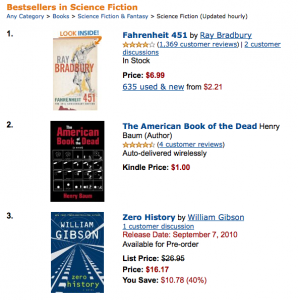

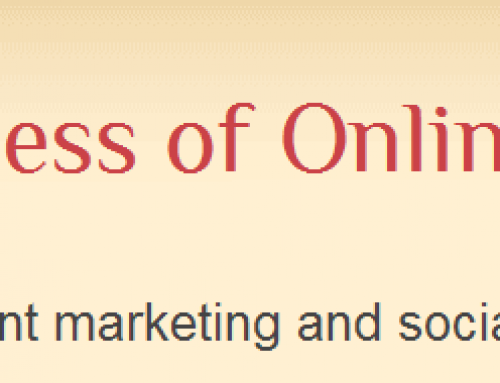
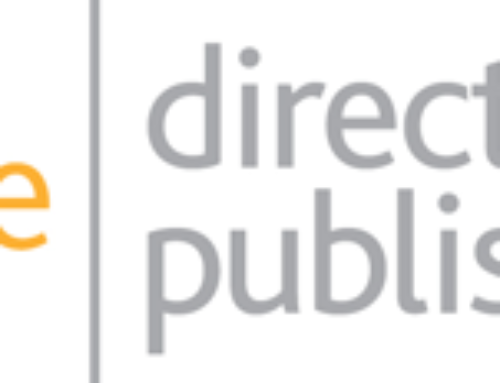
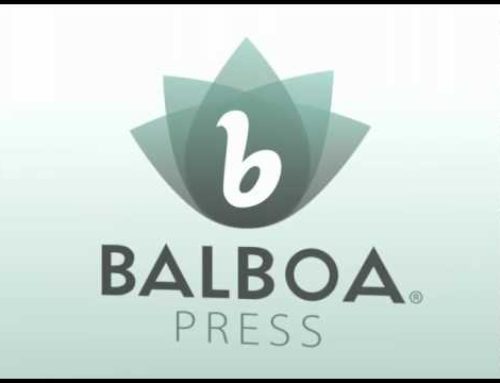

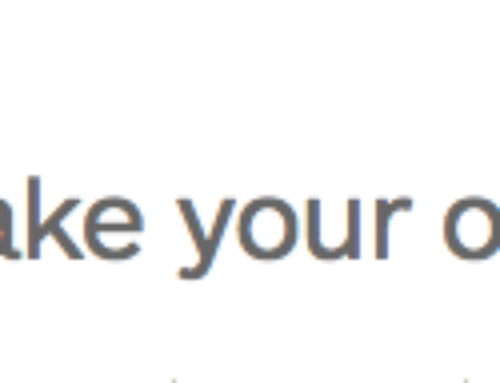
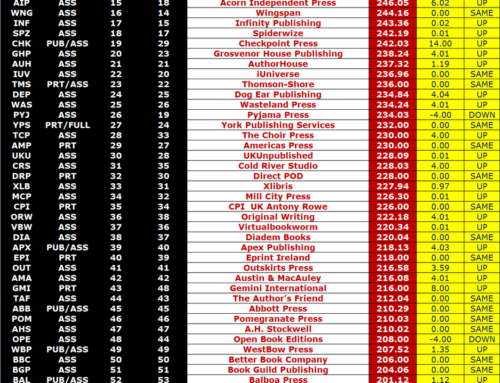
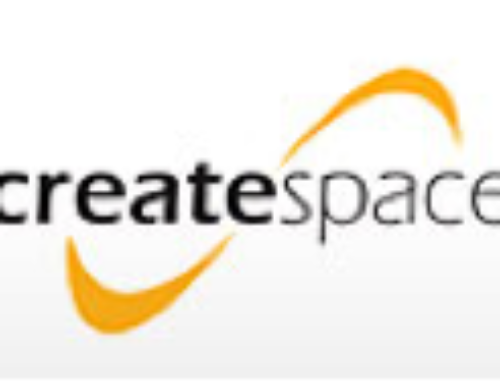


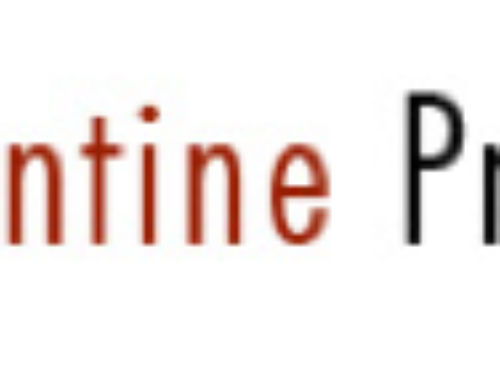

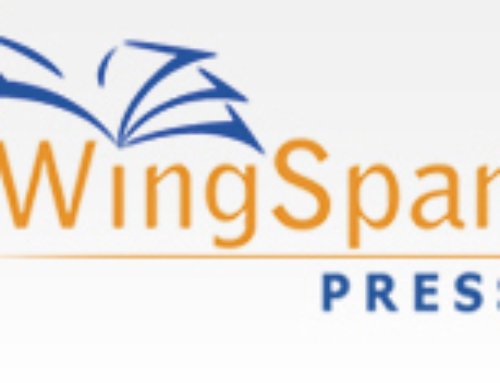
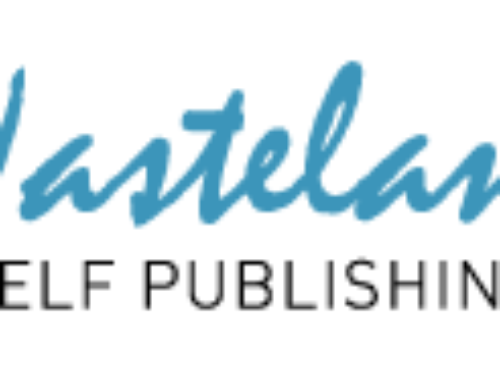

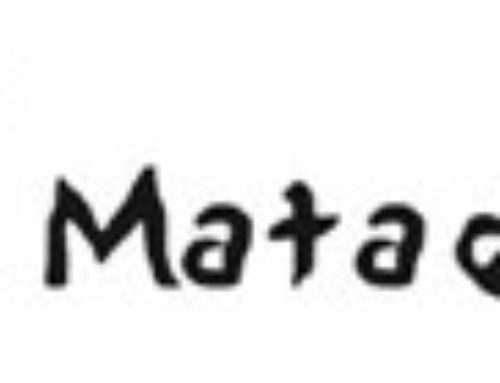
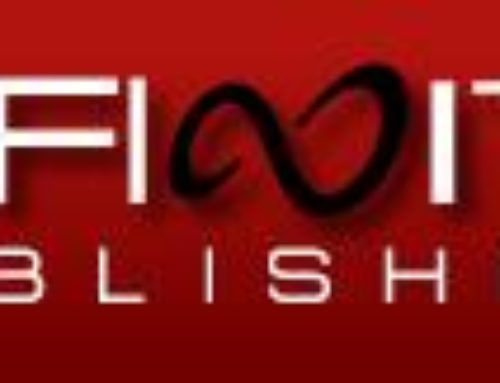
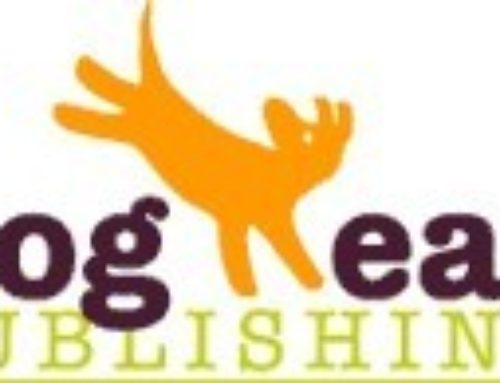
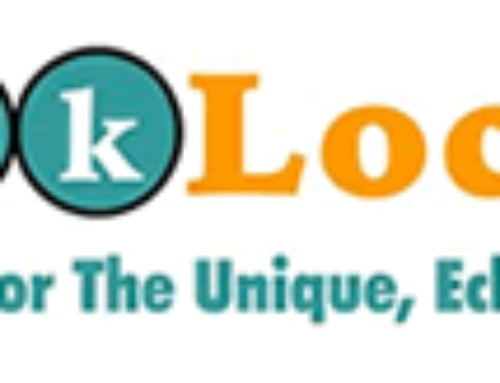

First off, thanks for the Kindle Nation tip, Henry, and for bravely taking the shot. It seems like a good idea.
As to the Kobo-Kindle price flap, I have thought from the start that there is huge room for mischief if the competition between ebook sellers holds you hostage to–and passive victim of–the discounting decisions of every other ebook seller. You cannot underestimate the ability of each firm to automate price-checking of competitors’ offers, then of automating price changes to better compete. This is, of course, idiocy to the degree that the inability of most ereaders to read files made for other ereaders renders issues of competition moot. But Kobo is trying to be a universal source, so I can see where they’d be the source of your problem. (Does Amazon short a print publisher if a bestseller sells for less at B&N? I doubt it.)
I think Kindle owes you a make-good for the hit you took from their non-thinking interruption of your premium service, but a year of non-response responses from Kindle leaves me thinking that you might want to leave it alone.
As to Kobo, I stopped uploading to them at number seven of my forty ebook titles. I don’t want to deal with their good-natured ineptitude.
Hello Henry,
Thanks for the sharing this!
I just wanted to send you a quick message to let you know there was no “choice” on our end at Kobo. What may have appeared as a malicious price war with competitors on our part was merely the result of a bad metadata update we received from Smashwords providing a list price on your book of $0.99 – which was then discounted automatically to a selling price of $0.89.
While we do discount titles to stay competitive, it’s our own margin that we’re eating into – never the author’s or publisher’s profit.
We love our Smashwords authors and think that Mark and Bill at Smashwords HQ are fantastic guys to work with. We don’t think that you should have to choose one bookstore to sell your books in (as you’d never do with print) so we’re working together to come up with a solution that will allow you to sell worry-free in the Kobo store without the fear of being delisted or discounted by Amazon.
I’m sorry about your experience this past weekend, once Mark and Bill got in touch with us to let us know the error, we fixed the price promptly.
And Darren, with the new changes we’ve made to our system and contracts, I’d love it if you gave Kobo a second chance. We’d love to list (and sell!) your 40 books on our site. Get in touch with us at content@kobobooks.com or speak with Mark at Smashwords. We’re happy to discuss any issues you may have had in the past.
Ashleigh Gardner
Kobo | Content Manager
>>>the result of a bad metadata update
There’s the lesson for all the writers out there who haven’t been paying attention to METADATA.
I actually just emailed Kobo about my e-book. I set it through Smashwords to be $2.99, and they have it discounted to $2.39. Amazon will penalize me for that, though I did not allow Kobo to sell it that cheaply. I’ve since pulled my books from Smashwords distribution. I can’t go chasing down every retailer Smashwords puts my book through to ensure they apply the correct price.
I just hope Kobo can fix the issue quickly.
S.L. Armstrong
Yeah, the moral here is that you need to set your book on Smashwords in the $4.00 range to ensure that any discount does not dip below the $2.99 threshold on Amazon to get the 70% royalty.
Though I had read everything on that site, I never saw anything warning me that those sites would discount the price I set. I emailed Smashwords when I noticed the issue, but received no response. Since then, the price in Kobo dropped. I can’t check Diesel as they seem to be having technical difficulties, and I can’t find it on B&N, so I’m not sure how widespread the damage is.
Again, I have opted out, and I’m assuming it will eventually have the material deleted from the sites, but I’m very upset with Smashwords lack of support when I emailed them about it, and I’m hoping someone at Kobo can help me.
I have decided to no longer use Smashwords as a result of this.
S.L. Armstrong
So you folks know how agency and wholesale pricing work, right? Specifically when sell through wholesale you get 50% (depending on your agreement) of whatever your list price is, no matter how much you ask, and retailers are free to discount the list price. Like, oh say, a regular store.
Amazon’s demanding of consumer-price matching is the reality of doing business, and exactly why Attorney Generals in Texas and Connecticut are inspecting those clauses.
No one’s arguing that these discounts shouldn’t exist – only about the effect these discounts have on other retailers. If there’s a discount on an item at K-Mart that’s cheaper than the discount at Wal-Mart, it’s not like Wal-Mart will remove the item entirely. This is an entirely different business model.
The problem is that Amazon won’t let authors price a book below 99 cents, so anything below that threshold on a competitor will cause the book to be delisted. In the Wal-Mart example, the chain could choose to price the item below K-Mart’s to compete, but in the Amazon scenario, they won’t let that happen so your book’s banned from existing – on a site that Amazon knows is hugely important for every author. So authors are going to forgo distributing on smaller sites like Kobo if it means interfering with being listed on Amazon – as is the case with SL Armstrong above.
What Henry describes is called restraint of trade. I’m no lawyer, but I believe this behavior can have serious implications if it occurs across state lines. If it becomes a big enough issue, and Amazon itself pisses the Feds off on enough other issues, it could become something Amazon regrets. There is also a principle in contract law regarding the relative size and power of signatories to a contract, like the terms we are all required to sign before we can post on Amazon.
I said above that there is huge room for mischief when an entity like Amazon throws the behavior of large third parties (Apple, Kobo, et al) into the laps of little and essentially powerless second parties (you and me). If Amazon’s actions end up requiring or modifying behavior such that we sever ties with Amazon’s competitors, we’re back to restraint of trade.
This could get interesting before it gets resolved.
Henry, thanks for inviting me to join in. While this episode certainly serves as a lesson in the hazards of metadata management, the errors that were made are not as black and white as presented above.
The $.99 suggested list price Smashwords provided to Kobo was not in error.
Obviously, it’s not the price you intended, though it did represent an accurate price based on how you configured the book’s price settings at Smashwords.
If you click to your Smashwords Dashboard, then click Settings and scroll down, you’ll find that you took advantage of our manual override feature that allows an author of a Name-your-own-price book at Smashwords to set a price *other* than the default $4.95 price at retail that we would otherwise send out. So you manually set the price at $.99. I’m guessing you set that price on or after March 29, which is the day you and I first had an email thread about this new override feature.
When you contacted us Sunday, your override smoking gun was not readily apparent to me. I mistakenly assumed we sent $4.95 to Kobo. On Monday, Bill notified Ashleigh @ Kobo and me about your manual override as the cause of the $.99 price. Bill, in his infinite wisdom, also suggested on Monday I report this cause back to you, though clearly I’m a few days late in that regard.
Here’s where we made the error that set all the above wheels in motion. A couple weeks ago when we were testing our integration with our new retailer, the Diesel eBook Store, we discovered a bug in our system that caused our pricing feeds to some retailers to ignore the author’s manual override price. This means that the small number of Smashwords authors such as yourself who had set an override price lower than $4.95 were still having books go out at $4.95. We corrected the bug on 8/18, and then since that time, we’ve started updating our retailers with the corrected price, which in your case, at least according to your current settings, is $.99. If we hadn’t previously shipped the books to Kobo and others at $4.95, and instead shipped at the proper price of $.99, this discrepancy probably would have become apparent to you prior to the launch of your recent marketing campaign.
Please go to your Dashboard now and remove or increase that override so it matches your intention.
I’m sorry about the headache this caused. Back in the old days, when publishers set a price and conveyed that price to distributors and retailers, the price remained relatively static. At Smashwords, we give authors the ability to change the price as often as they want, so it’s an infinitely more dynamic world, but one that is still gated by new complexities regarding how these dynamic metadata updates filter through the ebook supply chain.
The collision of traditional wholesale pricing model with the agency model only compounds the complexity.
Before Amazon’s draconian price parity enforcement, such price discrepancies were mere annoyances. Now, Amazon metes out instant and harsh punishment to authors who, often though no fault of their own, are unable to maintain price parity. While I think Amazon is not wrong to expect price parity, their enforcement of price parity is over-the-top excessive. I have witnessed several authors and publishers, such as SL Armstrong above, remove their books from all non-Amazon Smashwords retailers – even agency retailers who don’t discount such as Apple and Diesel – for fear of risking Amazon punishment. Authors understand that the temporary delisting of a book can have severe long term consequences, because delisting destroys sales rank, and if you’re the best-seller in a category, loss of sales rank can mean the difference between making $500 a month or $50.
If Amazon wanted to do right by their authors, and do right by the industry, they’d soften their enforcement. If they persist with their policies, they’ll coerce more authors to become more dependent on Amazon, while causing authors to take actions that are counterproductive to their long term best interests. Authors should work to maximize distribution of their books, not concentrate it on a single retailer.
In the meantime, Amazon’s policies are brilliantly designed to take advantage of the inevitable and frequent glitches inherent in the nascent ebook distribution supply chain. This works to Amazon’s advantage, while harming the long term prospects of authors, publishers and competing retailers.
In the meantime, we’ll continue to work with our retail partners to accelerate the speed and accuracy at which they ingest our metadata, and we’ll continue to improve our own systems to reduce the likelihood of errant metadata. We’ll also work to improve our reporting to authors such as yourself so that such long-forgotten pricing configurations don’t come back to bite you in butt later on.
I will say, Mark did get with me, explained things, and we worked it out to my benefit on the issue. I’ve corrected the issues and the problem will not happen in the future.
It simply means that my Smashwords price will always be slightly higher than my Amazon price to account for the retailer discounts. It would be nice if Amazon would not penalize me for how OTHER distributors choose to price their books (as if my list price is $2.99 but Kobo discounts it, that’s Kobo’s choice, not mine), but Amazon took quite the hit with Agency Pricing and I know they’re trying to make up for it somehow. It’s just a pain in the butt for me to run around constantly checking how other retailers are discounting my books just to keep ahead of Amazon’s bots.
S.L. Armstrong
More here: https://www.selfpublishingreview.com/blog/2010/09/03/mark-coker-responds-to-amazons-delisting-policy/
I think that Amazon only cares what the “list price” is for ebooks on other sites. If the list price is the same or higher than Amazon’s list price, then the other retailer can discount the list price, and Amazon will react by also discounting the ebook on Amazon (but not by delisting the ebook). The ebook by the blog’s author was delisted because the list price was lower on Kobo.
I have been selling ebooks on both Amazon and Smashwords with the same list price both places for months and have been receiving the 70% royalty with no problem, even though Kobo and B&N discount my ebooks from the price I set on Smashwords. Amazon has responded to these discounts by offering my ebooks for a discount also, so I only get 70% of the discounted price on Amazon as my royalty.
It seems that discounting by other retailers is OK and does not threaten the relationship with Amazon. The only reason you might want to price your book higher on Smashwords is if you are not OK with your book being sold for less than the list price on Amazon, which does reduce your royalty (but not the percentage).